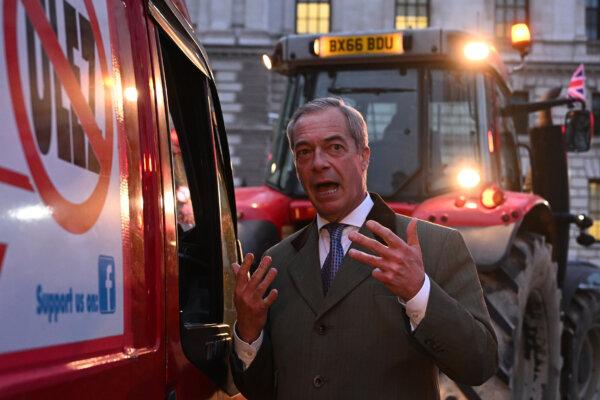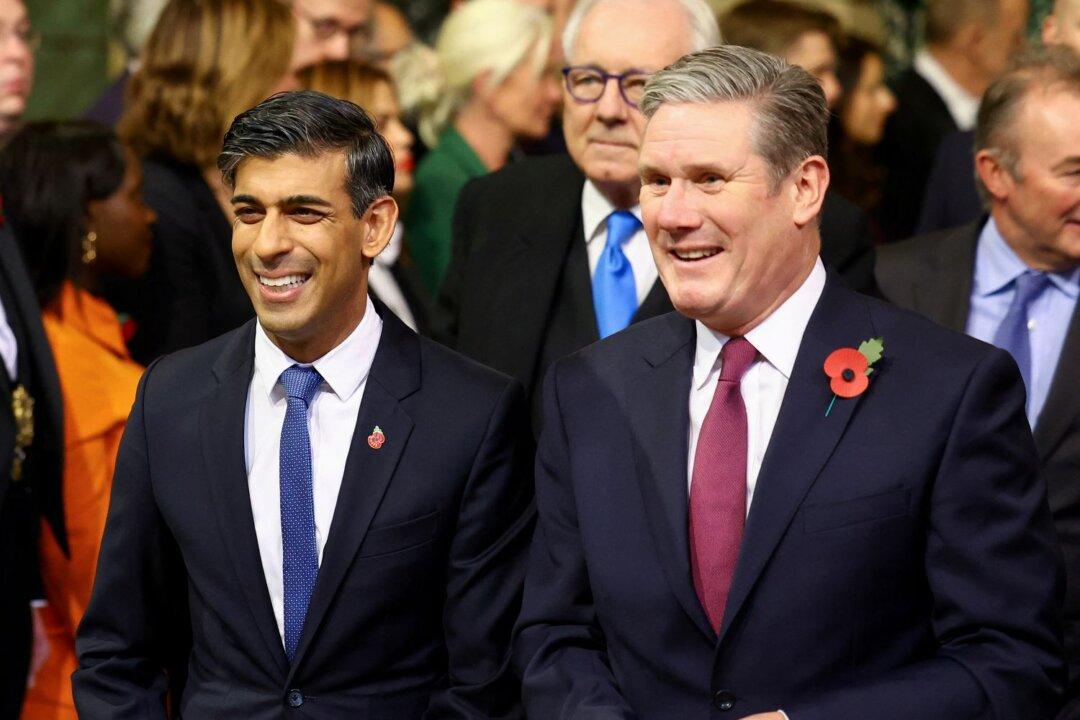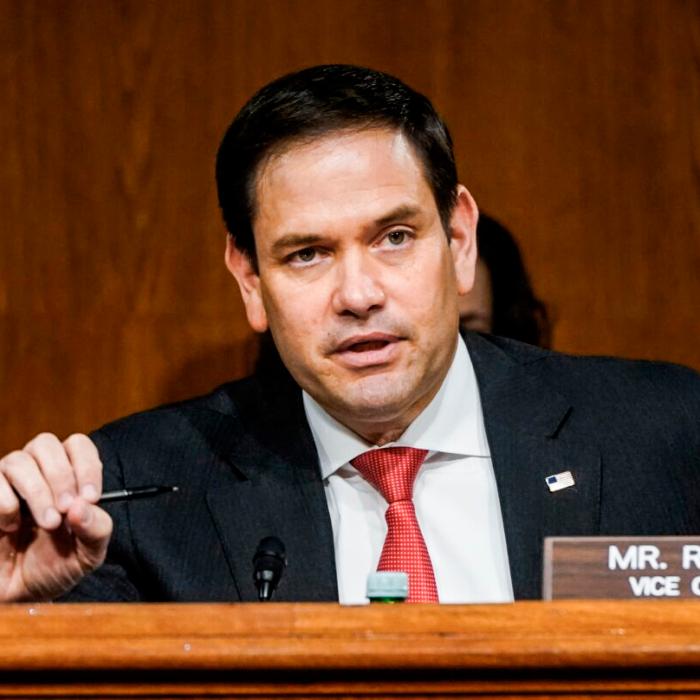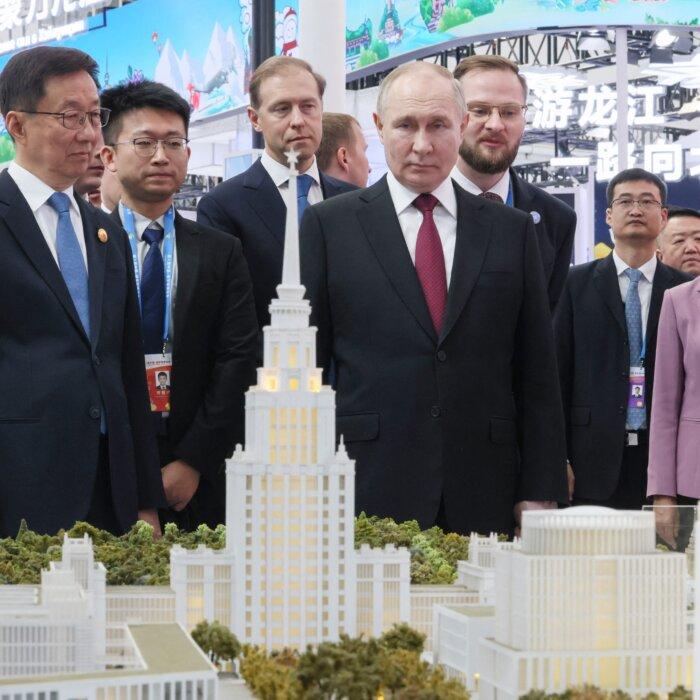With Labour’s manifesto published on Thursday, most national political parties have now revealed their plans for the country.
Tories: Foreign Agents and Electric Vehicles
Having been in government for the past 14 years, the Conservative Party has the fullest record on China, presiding over a so-called golden era of Sino-British relations and a rapid deterioration of the relationship in recent years.The party reversed its previous decision to allow China’s Huawei into the UK’s 5G network, tightened laws around espionage and influence campaigns, supply chain, and business takeovers, and ended government funding for Confucius Institutes.
However, critics have said the government still lacks a coherent China strategy and has acted too little too late around national security and human rights sanctions.
In its manifesto published on Wednesday, the Conservative Party pledged to include China, along with Russia and Iran, on the enhanced tier of the long-anticipated Foreign Influence Registration Scheme, which is being designed by government officials.
The vows mean agents of these countries will have to declare almost all their activities, with limited exceptions such as cooking or building services for a diplomatic mission.
The party, which has said it would keep engaging with China on major global agendas such as climate and AI safety, also said it stands ready to protect the British car industry as it faces “unprecedented competition from China in the electric vehicles [EVs] market.”
It came on the same day as the European Union announced additional tariffs of up to 38.1 percent on EVs imported from China starting in July.
The bloc unveiled the rule after an eight-month investigation that found Chinese EVs benefit from “unfair subsidization,” which is causing “a threat of economic injury to EU battery electric vehicles producers,” according to European Commission Vice President Margaritis Schinas.
However, the tariff will apply to Chinese brands as well as Western brands that are made in China, such as Tesla, causing concerns that the policy may backfire.
Asked whether the UK plans to impose tariffs on Chinese EVs, the government said previously that industry had been advised they may apply for an investigation if they believe anti-dumping or anti-subsidy measures are needed.
Labour: Full Audit
Labour took aim at the Tories in its manifesto, saying there was “14 years of damaging Conservative inconsistency over China.”The party, which is the front runner according to polls, has pledged to conduct a full audit to “improve the UK’s capability to understand and respond to the challenges and opportunities China poses,” and bring “a longterm and strategic approach” to managing the two countries’ relations.
However, without any specific promises, Labour’s “progressive realism” approach looks almost identical to Mr. Sunak’s “robust pragmatism.”
Previously outlining Labour’s foreign policy, shadow foreign secretary David Lammy has said he’s guided by “three C’s”: compete in some areas, challenge in others, and cooperate on issues such as climate and health.
Lib Dems: BNO and Uyghur Genocide
The Liberal Democrats have focused on human rights in relation to China, promising to extend and improve the government’s BN(O) policies for Hongkongers and to declare the Chinese Communist Party has committed genocide against Uyghur Muslims in Xinjiang.The party said it would extend integration funding for Hong Kong’s BN(O) passport holders who moved to the UK for the duration of the Parliament, and close gaps in the visa scheme.

It also said it would recognise the human rights abuses being perpetrated against the Uyghurs in Xinjiang “amount to the crime of genocide.”
After a London-based people’s tribunal found evidence of genocide and crimes against humanity against the Uyghur people, a number of legislatures around the world, including the UK Parliament, voted to call the human right abuses “genocide,” but the United States remains the only government to adopt the label.
Reform: Cut Foreign Aid and Scrap Net Zero
Reform UK, on the other hand, has said it intends to halve the UK’s foreign aid, saying money shouldn’t be spent on large economies such as China and India.The party is yet to publish the final version of its manifesto, but a draft said a major review is needed into the effectiveness of overseas aid.
The party has not specified any other China policy in the draft, but it said net zero policies won’t stop climate change, and pledged to scrap them, which is an area in which both Labour and the Tories plan to cooperate with China.

The Workers Party of Britain, whose leader George Galloway was elected to Parliament in February, said it would “oppose and disrupt any conscription of the working class for war with Russia or China.”
The Green Party made no reference to China in its manifesto. The party said it supports the principle behind mutual defence alliances such as NATO, but wants to see a great focus on outreach and dialogue.







